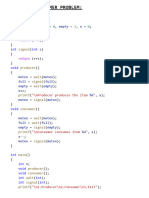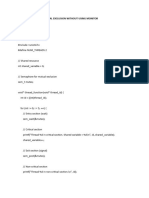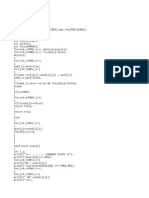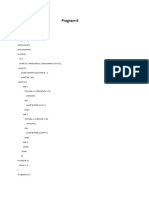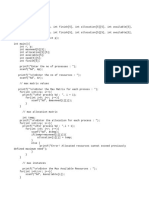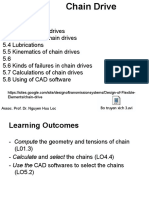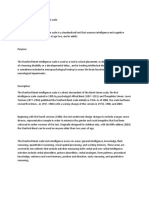0% found this document useful (0 votes)
21 views17 pagesDatabase and OS
The document outlines various programming assignments related to scheduling algorithms (FCFS, RR, SJF), the banker's algorithm for resource allocation, and SQL operations for managing database tables. It includes C code implementations for scheduling algorithms and resource management, as well as SQL statements for creating, altering, and managing tables with constraints. Each section provides code snippets and expected outputs for clarity.
Uploaded by
nehabombe2233Copyright
© © All Rights Reserved
We take content rights seriously. If you suspect this is your content, claim it here.
Available Formats
Download as DOCX, PDF, TXT or read online on Scribd
0% found this document useful (0 votes)
21 views17 pagesDatabase and OS
The document outlines various programming assignments related to scheduling algorithms (FCFS, RR, SJF), the banker's algorithm for resource allocation, and SQL operations for managing database tables. It includes C code implementations for scheduling algorithms and resource management, as well as SQL statements for creating, altering, and managing tables with constraints. Each section provides code snippets and expected outputs for clarity.
Uploaded by
nehabombe2233Copyright
© © All Rights Reserved
We take content rights seriously. If you suspect this is your content, claim it here.
Available Formats
Download as DOCX, PDF, TXT or read online on Scribd
/ 17




